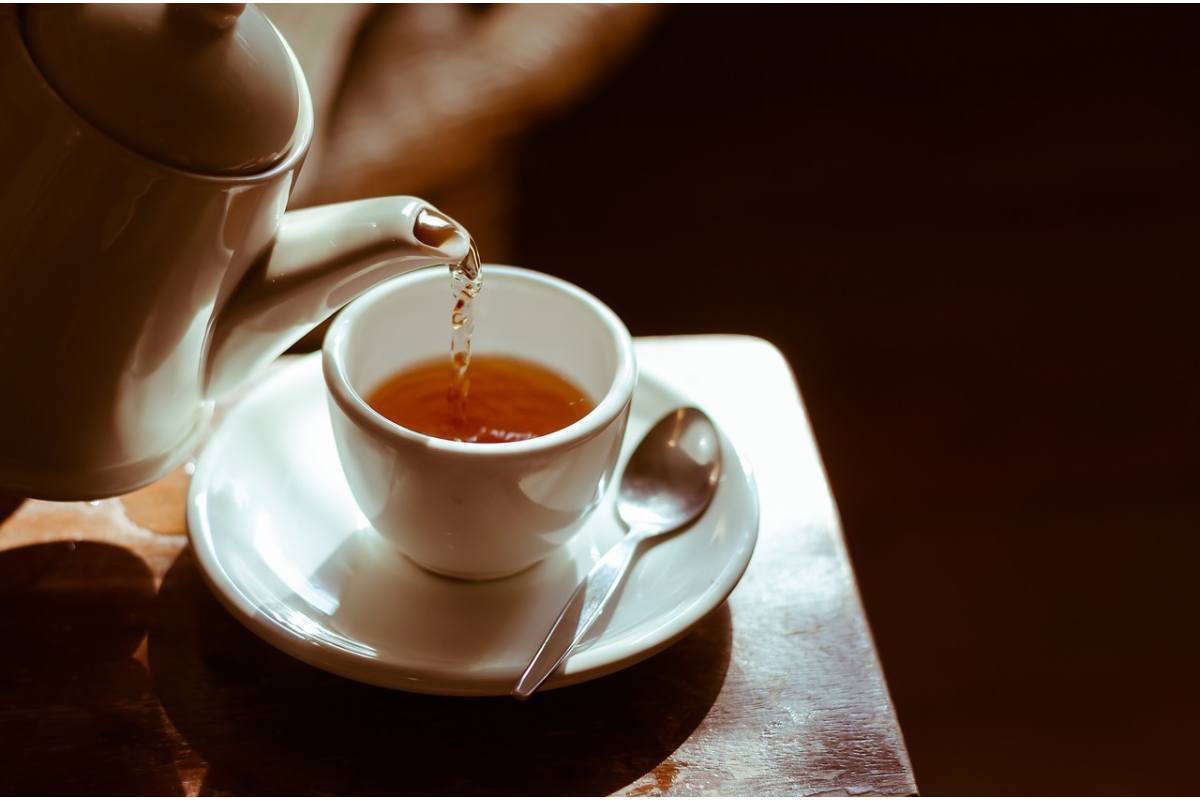Table of Contents
About – Headache
Teas to get Relief from Headache is pain or discomfort in the head, scalp, or neck. Serious causes of headaches are rare. Most people with headaches can feel much better if they change their lifestyle, learn to relax, and sometimes take medication.
Types of Headaches
There are many types of headache:
Tension Headache
Tension headaches cause minor to moderate pain and tend to affect both sides of the head.
Migraine
Migraine headaches cause moderate to severe pain, often on only one side of the head. There are many types of headaches that you can experience.
Regardless of the kind of headache you have, drinking a hot cup of tea can ease the annoying sore pain in your head. Discover relief with these six herbal teas for headaches.
Teas for Headache
Various Teas to get Relief from Headache are:
Ginger Tea
Ginger is one of the maximum widely used culinary spices that offers a wide variety of health benefits. It contains effective antioxidants that help decrease inflammation that can lead to headaches.
Trusted Source found that consuming ginger powder was almost as effective in treating migraines as taking a sumatriptan dose, a common migraine medication.
Safety: Ginger tea is usually safe for pregnant women. However, it is best to speak to your doctor first if you are pregnant or breastfeeding to be sure. You should also consult your doctor before consuming ginger tea if you have a gallbladder or taking blood thinners.
Mint Flavored Tea
According to the vital Source at the National Institutes of Health, there is evidence that topical application of peppermint oil to the forehead can relieve tension headaches.
Medicinal peppermint oil is generally much more potent than peppermint tea. You can also buy the pepper online as it has health benefits as well.
Safety: Mint tea is usually safe for most people and has no side effects.
Willow Bark Tea
Willow bark has been using to treat pain and inflammation for thousands of years. The bark of a wide variety of willow trees, contains a lively ingredient called silicon. Silicon is chemically similar to aspirin.
Safety: Willow bark is similar to aspirin, so you shouldn’t take aspirin if you can’t take aspirin. Children, breastfeeding or pregnant women, and people taking blood thinners should also avoid willow bark.
Clove Tea
Clove is a valuable spice that originates from Indonesia and is grown all over the world. It has been using to treat various types of pain, including headaches, for centuries. It is possible because of its antinociceptive properties. Antinociceptives help chunk or decrease the perception of pain.
Safety: Nails contain chemicals that can affect their ability to heal. Therefore, tell your doctor if you are taking blood thinners or have had surgery before consuming clove tea.
Feverfew Tea
Feverfew is an herb with a long past of medicinal use. Many studies have observed the use of feverfew in treating migraines. In addition to treating general headaches, feverfew can even help prevent migraines.
Safety: Feverfew tea can sometimes cause mouth irritation. In this case, try using more water and fewer leaves. Do not drink feverfew tea during pregnancy as it can induce labor.
Camomile Tea
Chamomile tea using to treat insomnia and anxiety. While there is no research conclusively linking chamomile tea with headache management, its relaxing effects can relieve tension headaches.
Safety: Consuming chamomile can cause allergic reactions if you are also allergic to ragweed, chrysanthemum, marigold, or a daisy. You should consult your doctor before drinking chamomile tea if you take blood thinners or anti-rejection drugs for an organ transplant.
Conclusion
Teas to get Relief from Headache can be excruciating, especially if they don’t respond to regular treatments. The next time you sense someone approaching, try brewing one of these herbal teas to calm them down.
Take a moment to stop and rest with these soothing teas to avert headaches from emerging. If you don’t drink tea frequently, most of these herbs are also available as a dietary supplement. However, it would be helpful if you spoke to your doctor before adding any new herbal supplements.

